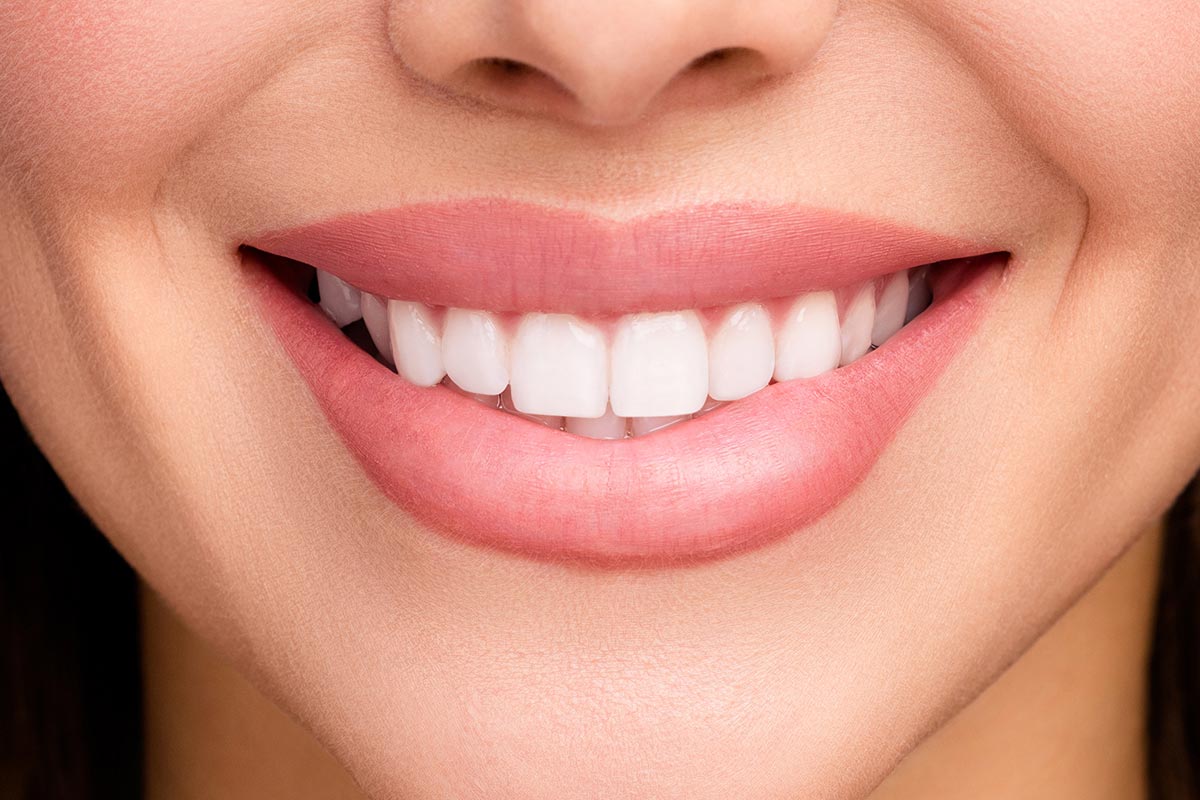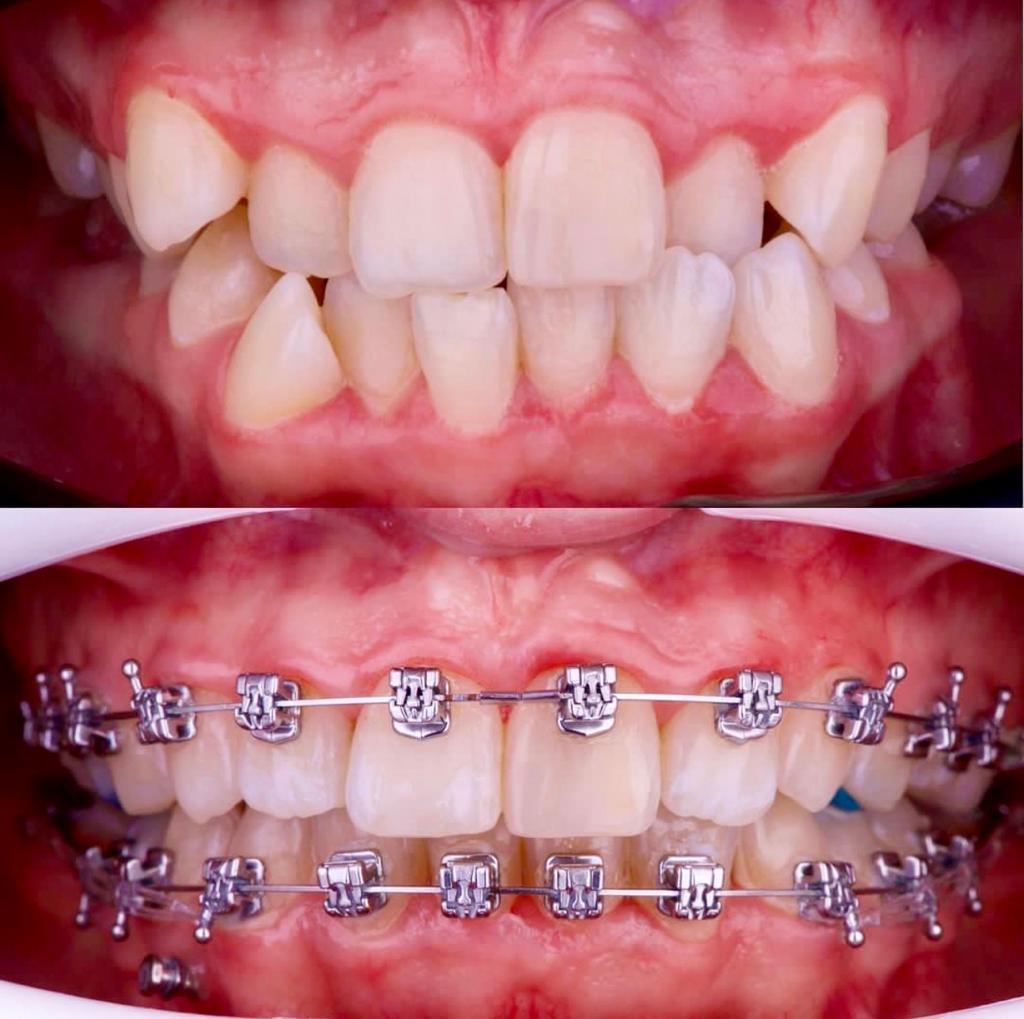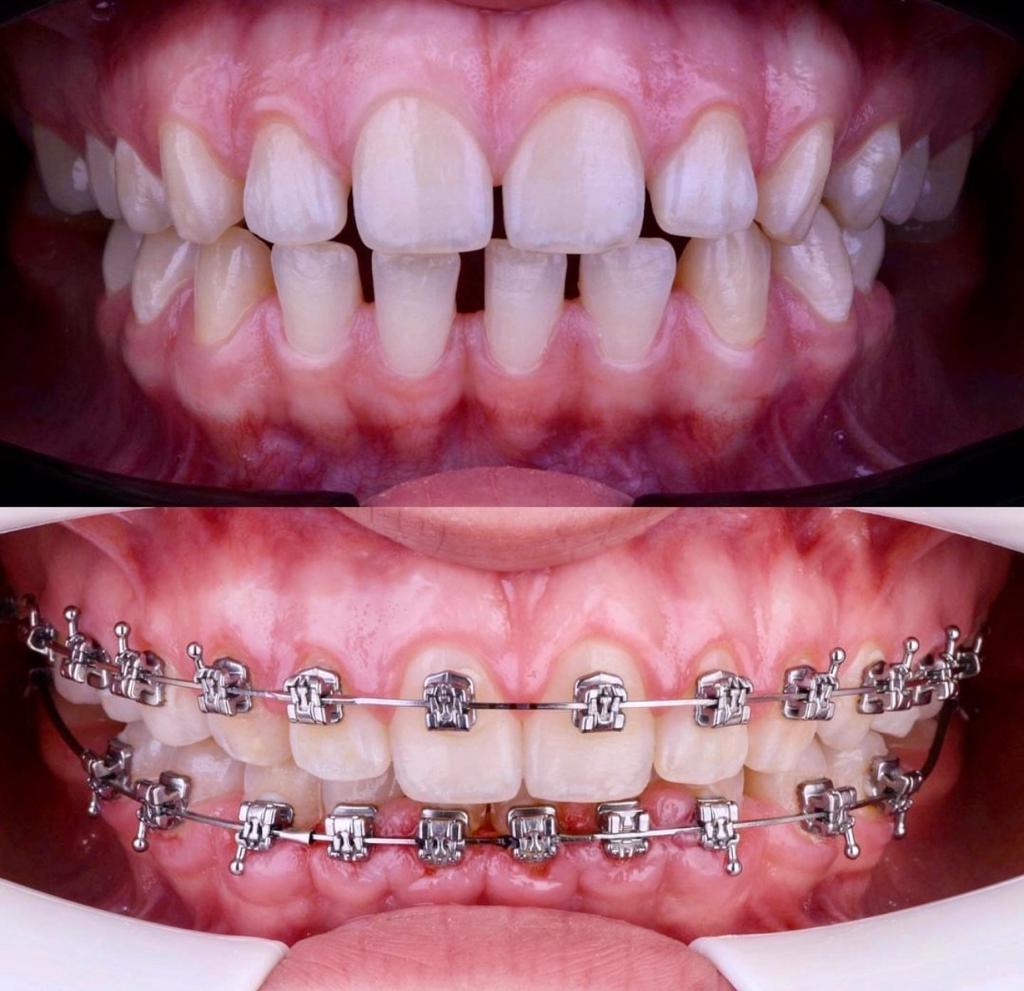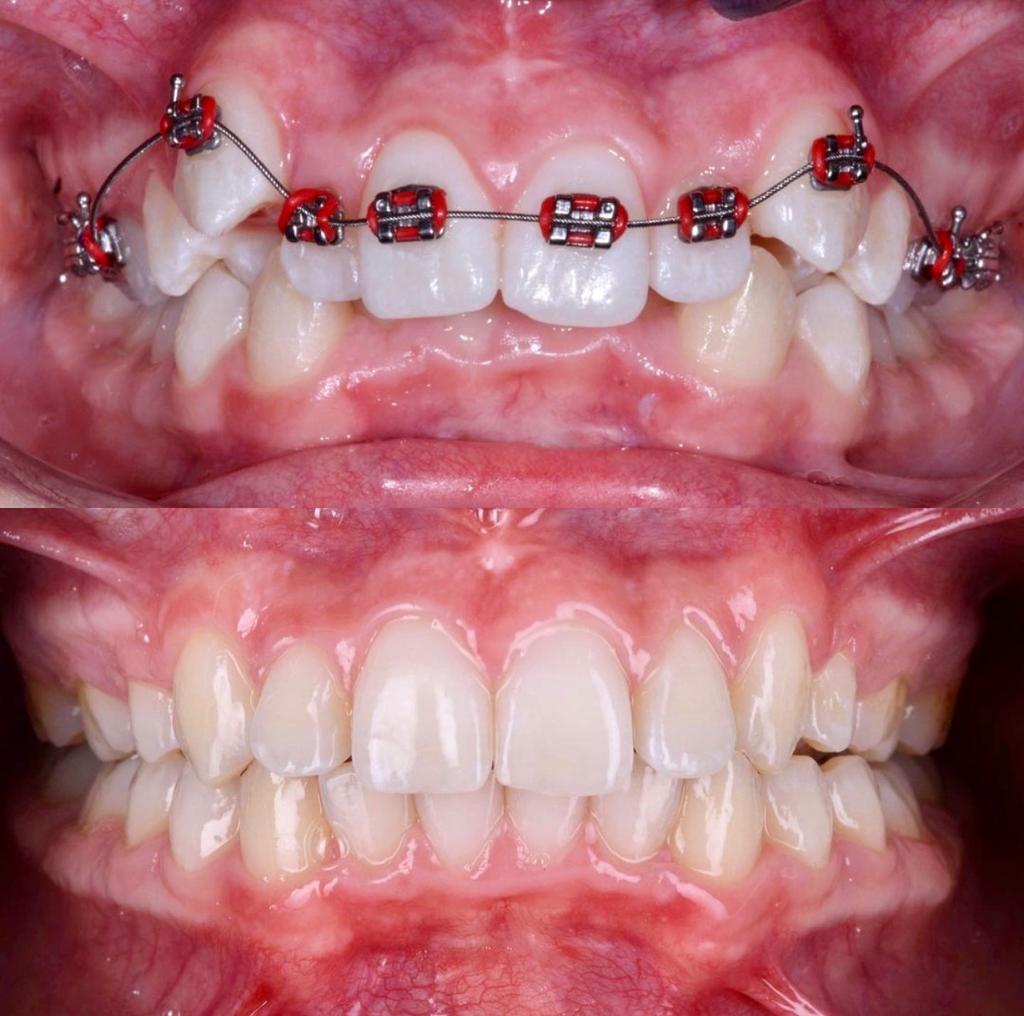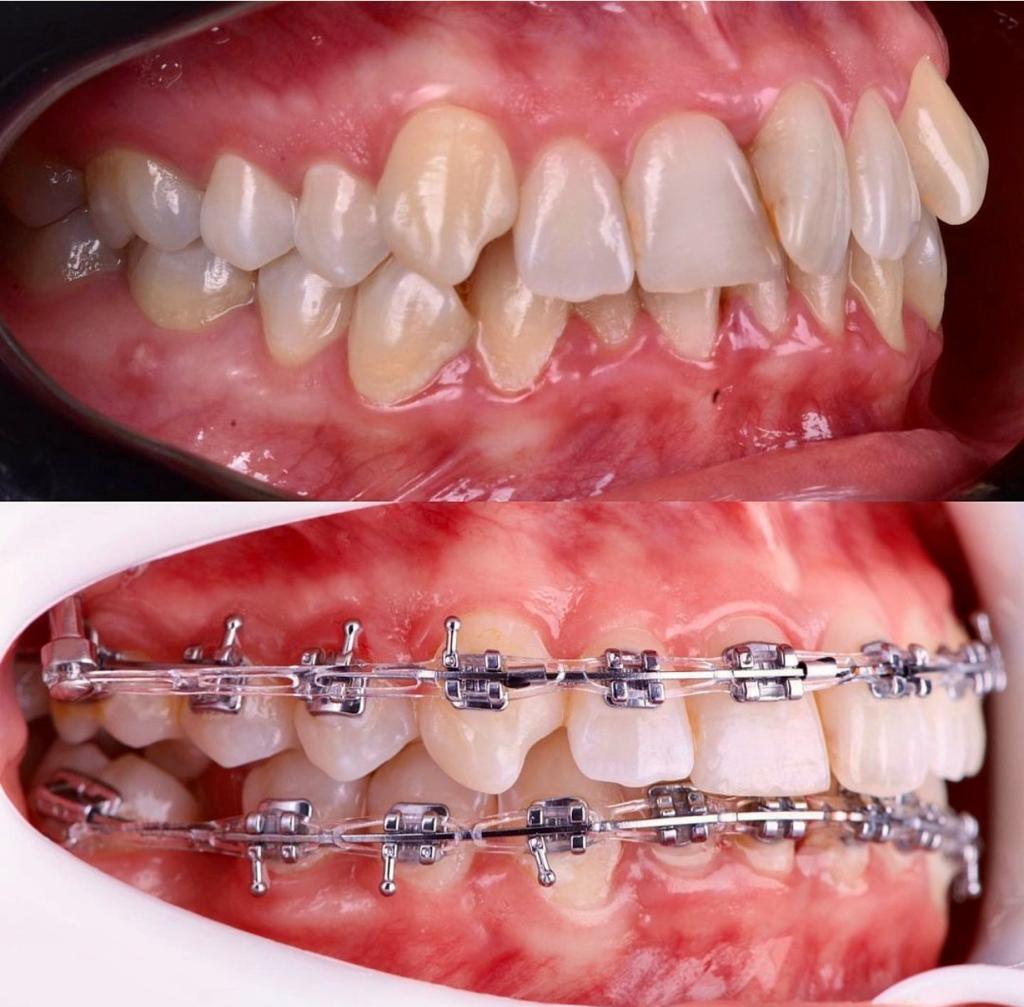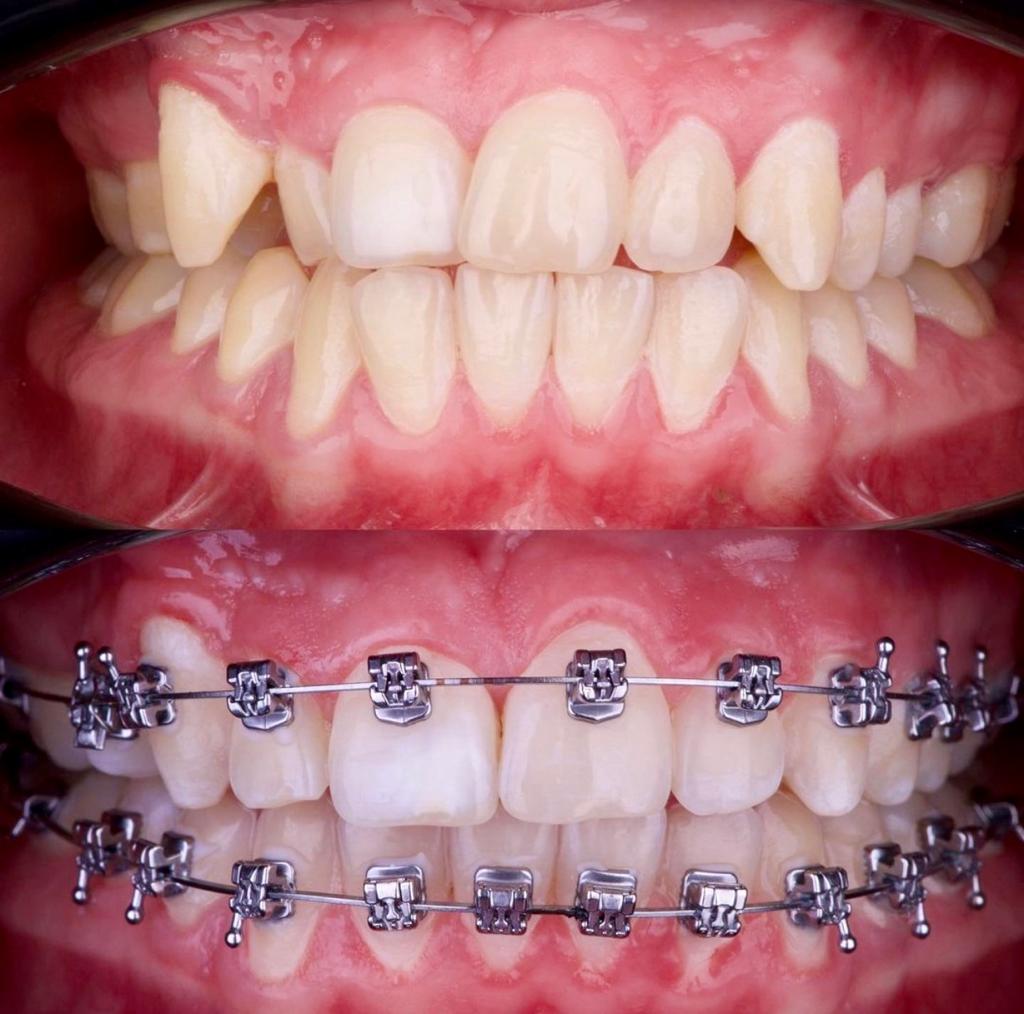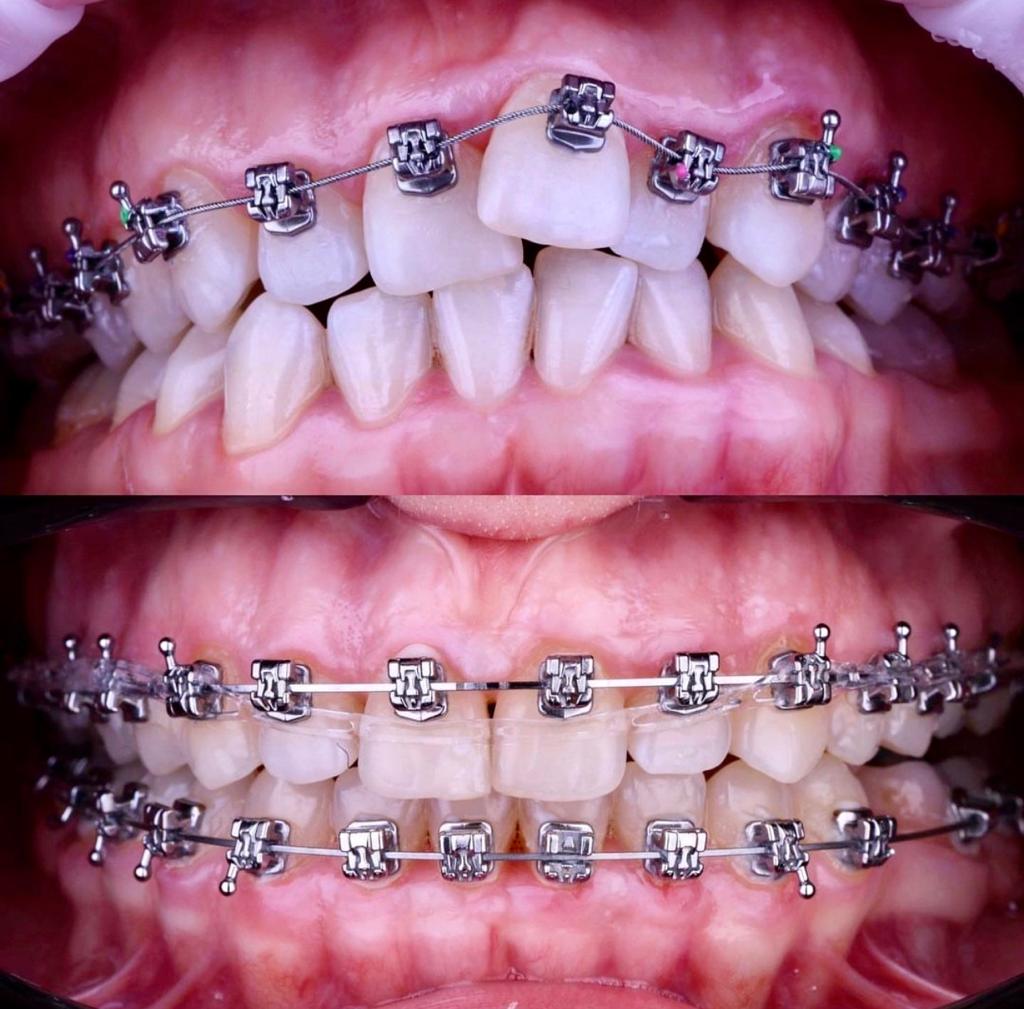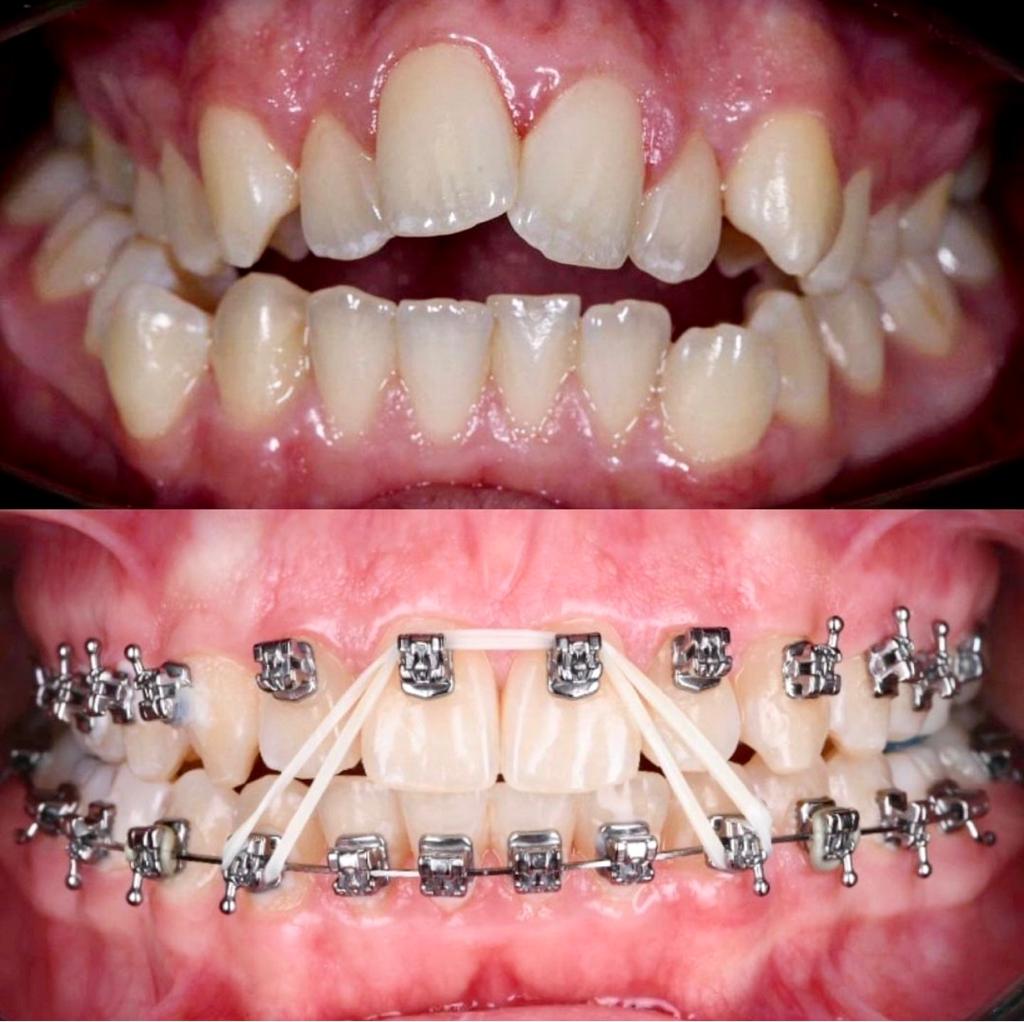orthodontics
We help you get straight, organized teeth and a beautiful smile
Why do you need orthodontics at our center?
Correction of orientation and arrangement
We help you correct misalignment and straighten the teeth, improving oral function and increasing the beauty of your smile.
Reducing jaw problems
Orthodontics can reduce jaw and chewing problems, leading to improved overall oral function.
Improve digestion and speech
With proper dental guidance, digestion and speech can improve and problems such as tongue biting and scratching can be eliminated.

Why is our center the best choice?
Various options
Accurate consultation
Advanced global technologies
Continuous follow-up
Frequently asked questions about orthodontics
- Are there types of orthodontics?
- Is it necessary to wait until the child turns 14?
- Can teeth return to their original position after orthodontic treatment?
- Are there any disadvantages to orthodontics?
There are different types of orthodontic treatments, and the choice depends on the specific case and aesthetic considerations. Some of these types include:
• Fixed braces: These are braces that are permanently attached to the teeth for a specific period of time. They can be made of metal or transparent materials. The choice between them depends on patient preference. Metal braces are faster, stronger and more cost-effective, while clear braces provide better aesthetics and can also achieve the desired results, albeit over a longer period.
• Removable devices: These are transparent, removable devices that are mainly used to treat mild cases. It is necessary to wear it for more than 22 hours a day.
This is a completely wrong concept. There are some orthodontic problems that are difficult to treat after the age of 14. In such cases, the orthodontist may consider surgical interventions to solve these problems, such as protruding jaws, underdeveloped jaws, an underbite, or an open bite. Therefore, early intervention is preferred, and the appropriate age for orthodontic treatment in children is usually between 6 and 12 years.
In general, by wearing your prescribed retainers after orthodontic treatment, you can maintain the results permanently. There are two types of retainers: fixed retainers and removable retainers. The choice of power of attorney depends on the dentist’s assessment based on the patient’s condition.
There are no actual defects or harm to orthodontics in the case of oral and dental health care, but in some cases of negligence and as a result of the accumulation of food waste around the brackets of the braces, this causes gingival infections and tooth decay in a few cases.


